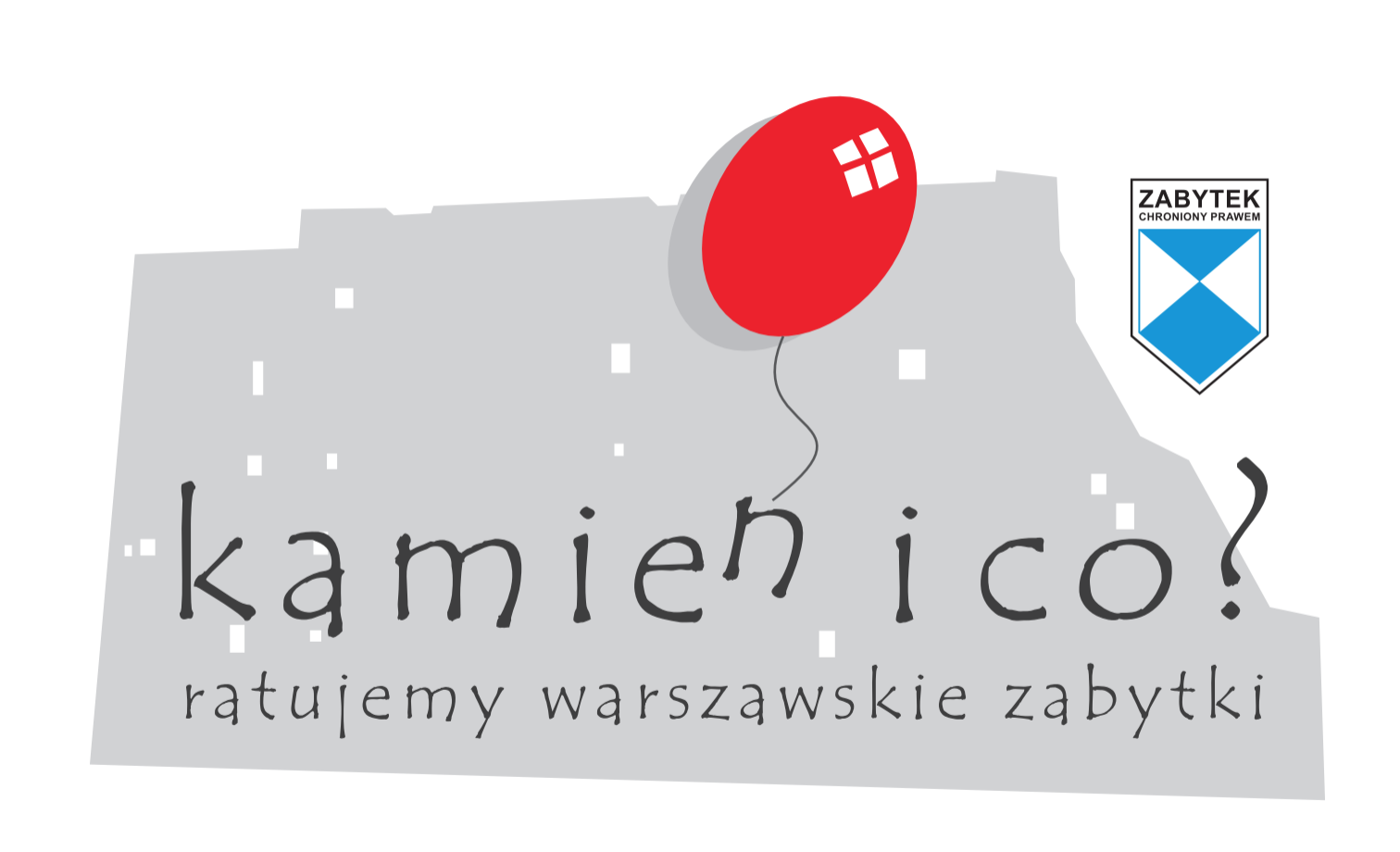
Fragment of the Warsaw Ghetto Wall
Prewar 62 Złota Street
Autumn 1939 is a dramatic fragment of Mieczysław Weinberg's biography. It is known that he left Warsaw and managed to enter the Soviet Union. He reached Minsk, where he graduated from the conservatory in composition. In 1941, following the attack of the Third Reich on the Soviet Union, he managed to escape to Tashkent. He worked as a tutor in the opera, composed many new songs, and married Natalia Wowsi-Michoels, daughter of a well-known Jewish actor and director Solomon Michoels. Finally, thanks to his acquaintance with Dmitri Shostakovich, in 1943, he settled in Moscow. However, he remained deeply attached to Warsaw for the rest of his life.
Biographical Puzzles
The composer himself was reluctant to talk about his war experiences:
We reached the demarcation line. On the one side, there were Nazi troops, on the other – Soviet border guardsmen – he recalled in the "Muzikalnaya Akademiya" magazine in 1994. – A unit was set up to check documents. They did it carelessly because there were a lot of people waiting in line. Once they had approached me, they asked: "Last name?" – "Weinberg" – "First Name?" – "Mieczysław" – "What is «Mieczysław»? A Jew?" – "Yes. A Jew" – "Then from now on you will be Moisey."
However, his family and friends always called him by the diminutive name "Mietek".
It is unclear, why Mieczysław reached the USSR border by himself. He most likely left Warsaw with his entire family, but we do not know for sure when and why they had separated.
The only thing certain is that Mieczysław was the only one who managed to board the train that took him deeper into the USSR. Natalia, the composer's first wife, said that the Weinbergs planned on leaving Warsaw together, but they got separated when marching in a column of other refugees. His parents and Estera stayed behind because Estera’s heel had broken, and they didn't want to leave their daughter behind. As a result, they missed the train. Mieczysław rode it by himself and tried to cross the border on his own. This story explains the composer's behaviour a little bit.
So as not to Miss the Train
The war experience left a deep mark on Weinberg’s psyche:
The constant fear of being late was just one of my father's many phobias. But, as you know, irrational fears can be the most persistent. And so, it happened to my father... When he was returning from Leningrad to Moscow, he got to the train station, which was located exactly opposite the hotel, three hours before the departure. Our efforts to talk him out of this idea were in vain because our father had only one answer: what if the tanks arrive and we miss the train?
– says Mieczysław Weinberg's daughter, Wiktoria.
Kaddish
Initially, the composer believed that his parents died in the Warsaw Ghetto. Later, he received information that they were transported to the Łódź ghetto, and then to the labour camp in Trawniki. He even dedicated his Symphony no. 21, subtitled Kaddish to the memory of the victims of the Warsaw Ghetto.
Kaddish is one of the most important hymns in Judaism, recited, among other prayers, during funeral ceremonies. The information about his family's deportation to Trawniki was supposedly provided to Weinberg by a former neighbour, whom he met during his stay in Warsaw. So far, it has not been possible to confirm, whether the composer's family was kept in the Warsaw Ghetto or whether they were deported to Trawniki.
Łuniniec
There is another hypothesis concerning the death of the Weinberg family – it can be found in the Lexicon of Yiddish Theatre by Zalmen Zylbercwaig. According to the author, during the war, Shmuel Weinberg worked as a conductor of a cinematic orchestra and was murdered in Łuniniec in Polesie. This account shows that at least Shmuel may have also reached the area controlled by the USSR. His artistic qualifications may have sparked the interest of authorities seeking intellectuals and artists of Jewish origin among refugees. Perhaps Mieczysław Weinberg also stayed in Polesie for some time because the manuscript of one of his early piano sonatas (op. 5) is signed with “Łuniniec 1940”.








